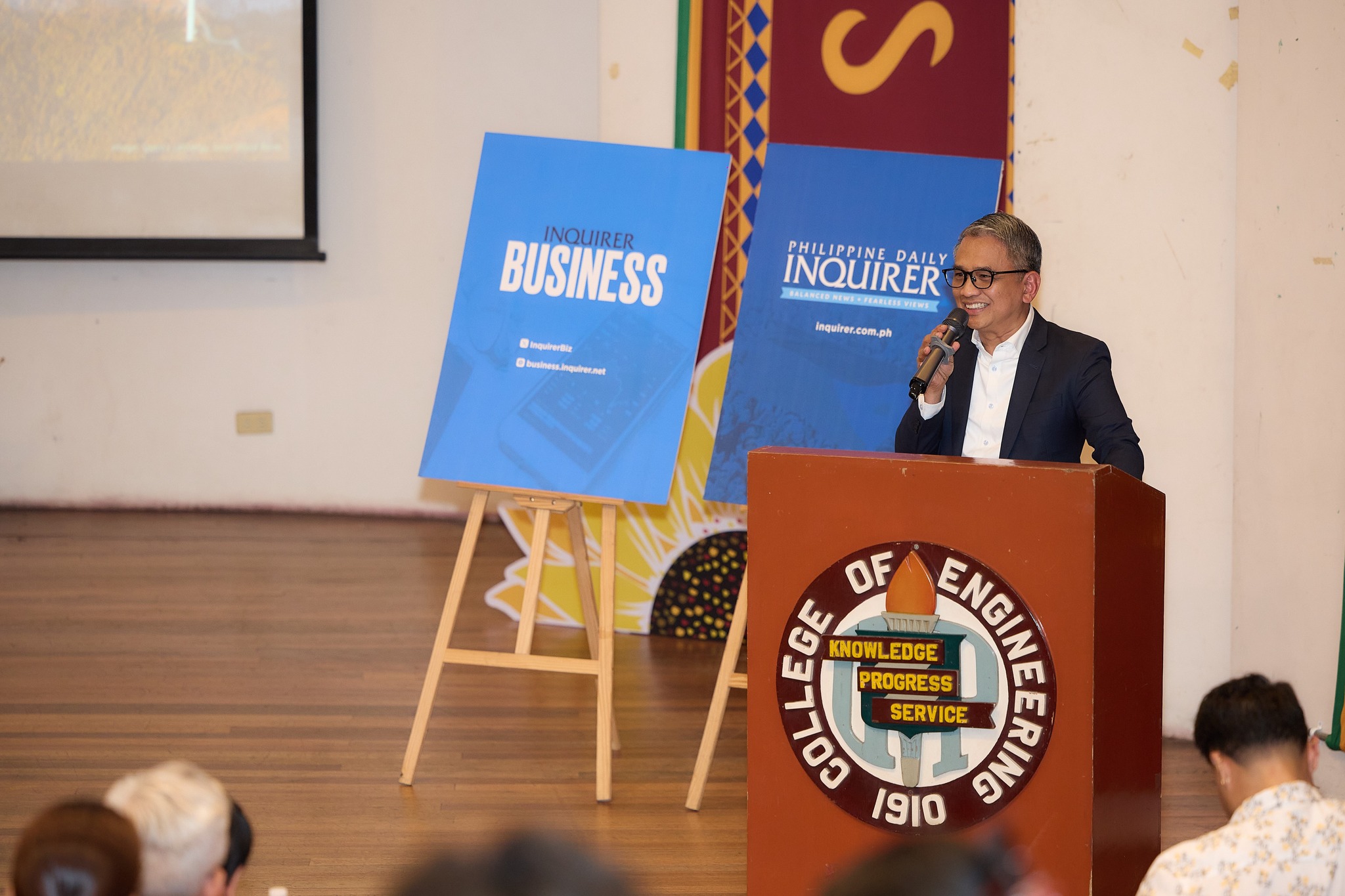Senate Minority Leader Alan Peter Cayetano on Thursday welcomed the enactment of the law establishing the National Aviation Academy of the Philippines (NAAP), saying it will help the country seize opportunities in the fast-growing aviation industry both commercially and in the Air Force.
The measure was signed by the President on September 5 after being approved by both chambers of Congress last June. Cayetano sponsored the bill in the Senate as then-chair of the Committee on Higher, Technical, and Vocational Education.
“We have an aviation academy that is a state college but has been doing so well for our country. It’s time we elevate it to a national aviation academy,” the senator said.
The law designates the Philippine State College of Aeronautics (PhilSCA), the country’s lone state-run aviation school, as the national institution for aviation education.
Under the new charter, NAAP is mandated to focus all its programs and enrollment on aviation and related fields.
Its governing board will be expanded to include the Commanding General of the Philippine Air Force and the Director General of the Civil Aviation Authority of the Philippines.
The academy is also now authorized to partner with government agencies, local government units, and private entities to secure resources, modernize its facilities, and align its training programs with global demands.
A Skills Training Council will likewise be created to guide its training programs to meet international standards.
Cayetano said that as an archipelago, the Philippines needs a strong commercial aviation sector backed by a competent workforce.
He added that the military’s effort to modernize its equipment and facilities must also be matched with well-trained personnel.
“Kapag naayos natin ang naval at aviation academies, I think the impact in the next 25 to 50 years will be tremendous,” he said.
The senator also pointed to international demand for aviation workers, citing projections that 674,000 new pilots, 700,000 new maintenance technicians, and around 980,000 cabin crew will be needed in the coming decades.
In his visit to its Fernando Air Base campus last June, Cayetano stressed that PhilSCA has “done so much with so little” over the years, and its conversion into NAAP will give it the tools to achieve more for the country.
PhilSCA has consistently posted strong results in the Aeronautical Engineering Board Examination, recording an 87.97 percent passing rate in 2024 and producing several topnotchers in past years.|



















